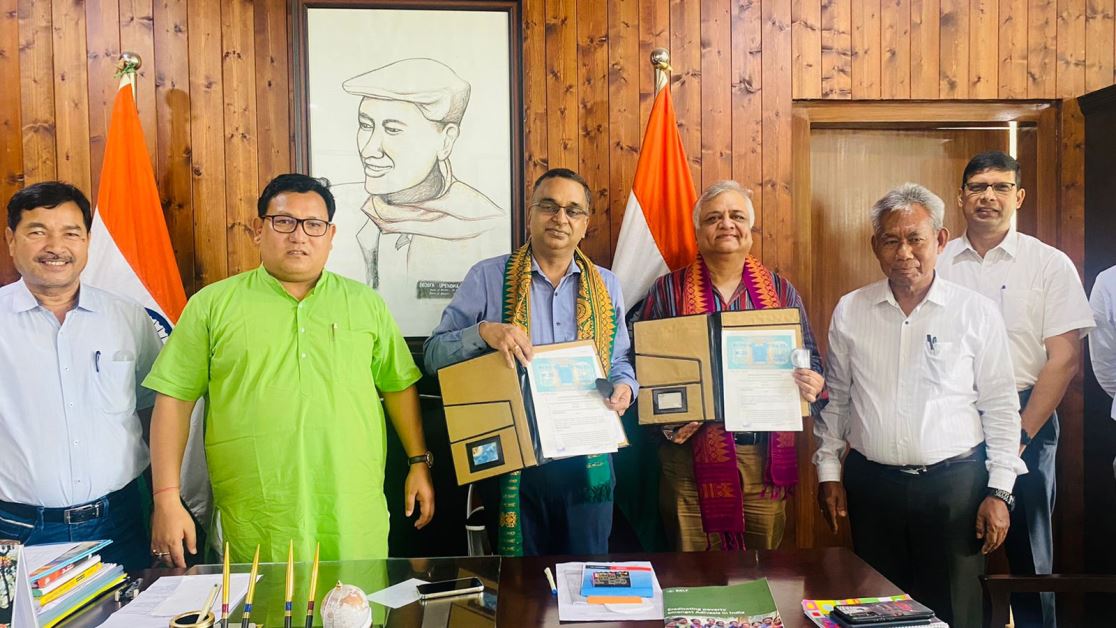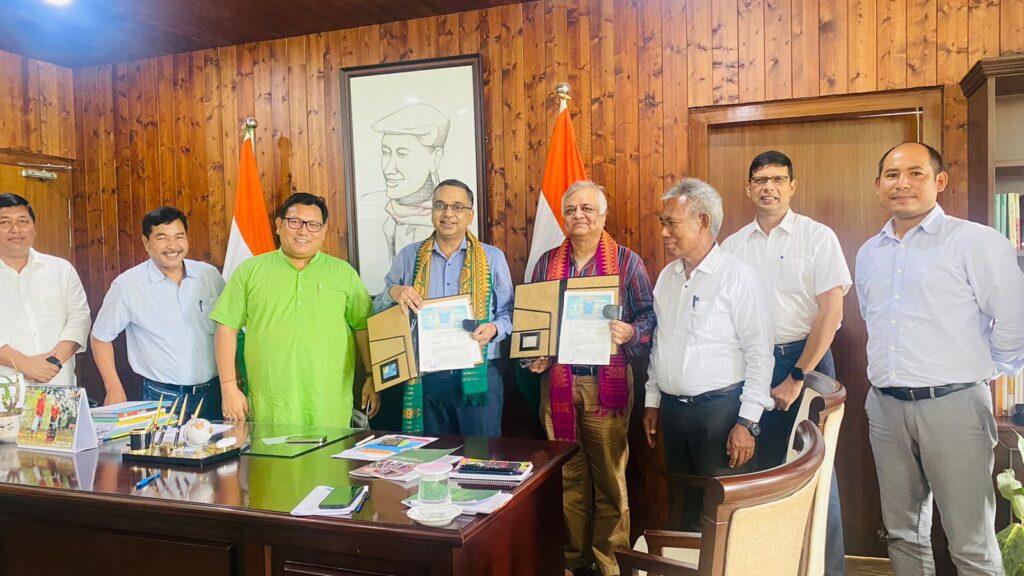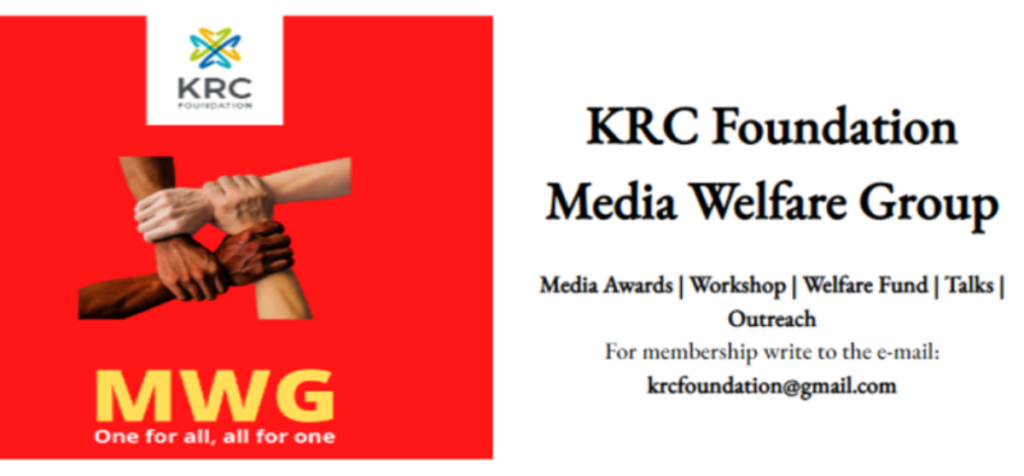One reason for the high levels of poverty could be traced to asset poverty, particularly in terms of ownership of land
 KRC TIMES National Bureau
KRC TIMES National Bureau

The high-impact project to be implemented by BRLF and BTC with a goal to transform the socio-economic condition of the tribes and the Adivasis of Bodoland region will contribute to their sustainable development
Bharat Rural Livelihoods Foundation and Bodoland Territorial Council signed an agreement to implement a high-impact project on transforming the lives of Bodoland tribes to improve the socio-economic condition of the tribes and the Adivasis of Bodoland region and contribute to their sustainable development. BRLF and BTC aim to bring about accelerated progress to one of the most backward regions of the state of Assam with a special focus on the development of the Bodo, tribal and Adivasi people in the field of livelihoods, natural resource management, education, and aims to create capacity through nurturing of robust people’s institutions at the grassroots.
The MoU between BTC and BRLF was signed on June 30, 2022, by Anurag Goel, Principal Secretary, BTR Government, and Pramathesh Ambasta, CEO, BRLF, in the presence of Pramod Boro, Chief Executive Member, BTC, Gobinda Basumatary Deputy Chief BTC, Sangrang Brahma, OSD to CEM and Reo Reoa Narzihary, Executive Member, BTC.
The “Transforming the Lives of Bodoland Tribes” project aims to transform the socio-economic condition of 40000 households belonging to tribal and the Adivasi communities in two blocks of Baksa and another two blocks of Udalguri over a period of four years and contribute to their sustainable development. The project aims at increasing the income levels through livelihood development initiatives (Land & water development with an increase in agriculture and off-farm activities) of Scheduled Tribes (STs) and Adivasis of Bodoland. The project will also focus on enhancing the education levels of ST children through improved retention levels in education institutions and quality learning, improving the governance of local institutions, and increased capacities of community institutions for better community participation and engagement in the development process and development of capacities of local human resources (community resource persons) to carry out the project interventions in a sustainable manner.
Pramathesh Ambasta, CEO, BRLF, said, “The implementation strategy of this project envisages that Civil Society Organizations (CSOs) will provide facilitation support to the Gram Panchayats and front-line Government functionaries for participatory planning and provide onsite technical support for better implementation of the planned interventions. While BRLF would contribute the CSO facilitation support and capacity-building cost, physical work and input support to the targeted households would be carried out by leveraging financial resources from Government flagship schemes like MGNREGA and other line departments working under BTC.”

BRLF will select the CSO partners for the project as per the norms laid down in its Grant Management Policy, jointly with the BTC government through an established due-diligence process. A Project Steering Committee (PSC) would be set up by the Government of BTC, chaired by the Principal Secretary BTC for the project. BRLF and CSOs would be represented on the PSC. For programmatic costs, the BTC government would commit financial resources. For example, MGNREGA-related work would be financed through MGNREGA funds, which would flow to the village directly. Similarly, funds from other departments would need to be committed for work requiring programmatic components from other departments.
Pramod Boro, Chief Executive Member, BTC, said, “The project will improve the lives and livelihoods of the local tribal and other communities of Bodoland Territorial Region (BTR) by increasing the income levels through agricultural productivity, creation of water resources, and irrigation infrastructure, livestock productivity and other off-farm activities such as promotion of handlooms.” He added that the access to quality education for children below 18 years would focus on improving the learning and retention levels and the governance of schools. He said that through this project, equitable distribution of land and water resources benefits will be ensured through improved governance of local institutions and capacities of community institutions.
A study[1] of Kokrajhar and Udalguri districts finds that the overall development levels are higher in urban than in rural areas, where this level would vary across social groups, with STs being lower than others, including Scheduled Castes (SC). Another study[2] on the Udalguri district points to the low level of development and the presence of multi-dimensional poverty in the district and identifies almost 80% of the households as poor. The main causes of this poverty are a lack of livelihood opportunities and poor health status.
The Assam Human Development Report (HDR) finds a very high Head Count Ratio (HCR) of multidimensionally poor and vulnerable and a higher Multi-Dimensional Poverty Index (MPI) in Udalguri and Baksa. Only Kokrajhar district is lower than the state average of HCR and MPI. One reason for the high levels of poverty could be traced to asset poverty, particularly in terms of ownership of land. People in Bodoland are living a life of asset poverty and multi-dimensional deprivation. Furthermore, access to infrastructure and amenities is unequal and though the majority of the population in rural areas is engaged in farming, the landholding size is small and access to irrigation is uneven. There also seem to be alarming levels of anaemia and child malnourishment. Overall, the levels of living and development, particularly, human development leave a lot to be desired, despite abundance in terms of natural resources.
[1] Nicodim Basumatary and Bhagirathi Panda (2020): Assessing socio-economic development in Bodoland Territorial Area District of Assam in India, IJSE, May 2020
[2] S. Maity and J. Buysse (2017): Multidimensional poverty and the factors influencing the multidimensional poverty status of Bodos’: a case study of Udalguri district, Bodoland, Int. J. Education Economics and Development
Advertisement | KRC Foundation

To know more, visit: https://bit.ly/3KVFnRq


